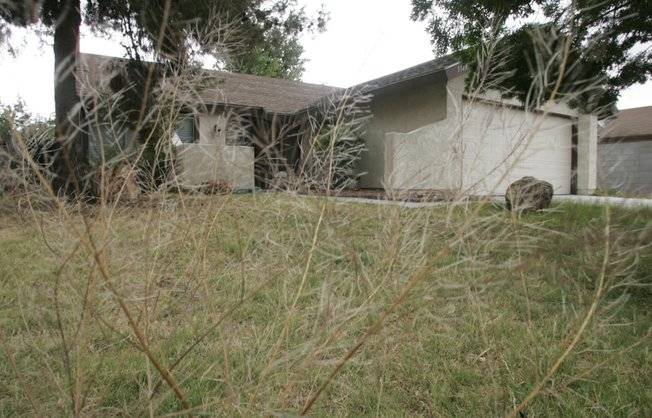Sun coverage
A real estate lobbying group wants Nevada lawmakers to tweak the state's "robosigning" law and get more abandoned properties back up for sale.
The Nevada Association of Realtors this week released policy recommendations for the state Legislature, whose next regular session begins Feb. 4. Topping the group's agenda is AB 284, which took effect in October 2011 and threw a wrench in the real estate market.
The law forces lenders to sign an affidavit saying they have personal knowledge of a property’s document history before they can foreclose on a house. Violations can lead to criminal or civil penalties.
Real estate agents have blamed the law, in part, for Nevada's plunging foreclosure levels, which in turn have crimped available inventory. One in every 37 housing units received a foreclosure-related filing last year in Nevada, down almost 57 percent from 2011, according to RealtyTrac.
The Reno-based Realtors association, with 15,000 members statewide, said the law has "created some unintended consequences." Among other things, it wants lawmakers to define the term "personal knowledge" and address how trustees handle the properties.
The group also wants Carson City to adopt certain criteria to help pinpoint whether a house is vacant or abandoned. For instance, state officials should find out if the building can be safely occupied, if it has broken windows or other obvious damage, and if the utilities are in service.
The group also cautioned against adopting a powerful homeowners' bill of rights, saying a "balance needs to be struck" between consumer protection and banks' ability to lend money.
Additionally, it wants lawmakers to more closely examine how real estate lawyers handle property transactions.
According to the association, many law firms have "overstepped" Nevada statutes by "pushing clients into loan modifications or bankruptcy when, in reality, a short sale is the best step for the consumer."
Short sales, which can take up to a year or longer to close, have soared to record levels in the Las Vegas Valley. They accounted for 46 percent of all home sales in the region last month, up from about 27 percent a year earlier, according to the Greater Las Vegas Association of Realtors.
In a short sale, lenders agree to sell a house for less than what’s owed on the mortgage.
Meanwhile, foreclosures made up just 9.5 percent of all sales in the valley last month, down from more than 50 percent a few years ago.
